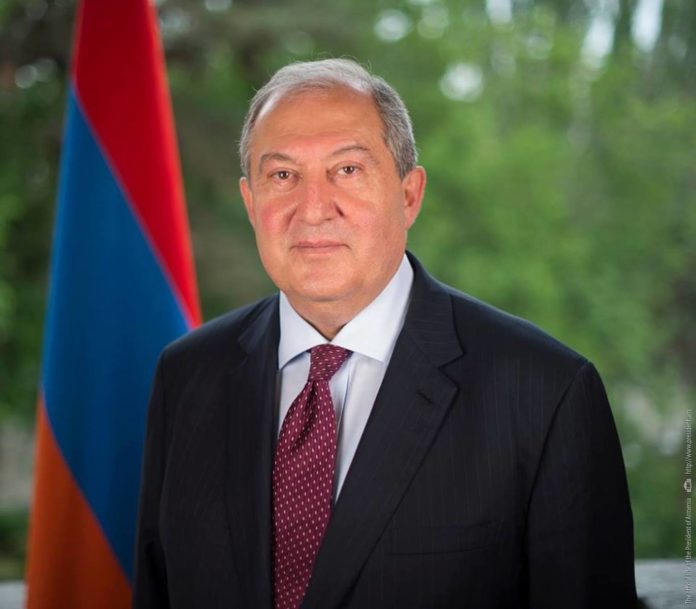GENEVA (Deutche Welle) — A global media investigation dubbed Suisse Secrets has revealed that Switzerland’s second-largest bank failed to crack down on illicit funds passing through accounts held by dictators, criminals and corrupt politicians.
Credit Suisse clients included a human trafficker and billionaire who ordered his girlfriend’s murder, according to a global media investigation
Banking giant Credit Suisse has for years opened accounts for autocrats, drug dealers, suspected war criminals and human traffickers, a consortium of global media outlets reported last week.
The Suisse Secrets investigation, from massive data leaked by a whistleblower to the German newspaper Süddeutsche Zeitung (SZ), reveals the owners of 100 billion Swiss francs ($109 billion, €96 billion) held in the secretive Swiss-based institution.
SZ, German public broadcasters NDR and WDR, Britain’s Guardian and the New York Times were among more than 40 media organizations involved in the investigation under the Organized Crime and Corruption Reporting Project (OCCRP).
The media outlets analyzed the leaked data from 30,000 Credit Suisse clients from all over the world.








